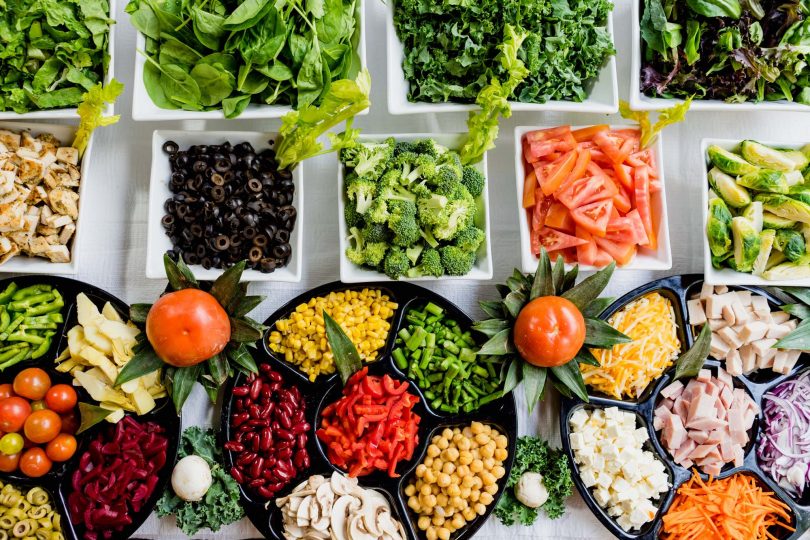The Purpose of Fruit and Vegetables
We have all heard the phrase of eating five a day. But do most people understand all the reasons why we should eat all these fruit and vegetables?
The first most obvious reason is to gain all the vitamins and minerals different fruits and vegetables contain. The body uses different ones for different functions, iron in blood to transport oxygen, calcium in bones, magnesium is needed to form many enzymes. Our body is a giant chemistry set with some vitamins and minerals needed in large quantities and others in minute quantities to enable the processes of metabolism, immune system function, cell repair and renewal etc
The different vegetables contain different nutrients, for example:
- Carrots contain calcium, magnesium, potassium, phosphorus and beta carotene.
- Leeks contain potassium, vitamin K, calcium, folic acid and vitamin A
- Mushrooms contain calcium, iron, magnesium, vitamin B3, vitamin B5, folic acid and zinc. Apricots contain copper, magnesium, boron, iron, potassium, folic acid and vitamin C and beta carotene.
- Lemons contain potassium and vitamin C
Eating a wide variety ensures our body has all the nutrients it needs.
The second reason is the acid/alkaline balance. Eating carbohydrates, sugars and meat leaves an acid residue whereas vegetables and some fruits reduce to an alkali. This is important as many viruses and infections are inhibited when the body is in an alkali state, this includes cancer. It is the balance and proportions of a whole meal that need to be looked at to help maintain an alkali balance. For example a meal fish and chips contains a good sauce of protein with an overload of carbohydrates in the potato and the batter. If the fish were served with a smaller portion of potatoes, a portion of carrots, green beans and broccoli it would be a far healthier balance. The immune system needs all the help it can get to fight off bacteria and viruses.
The third reason for eating vegetables is to is to provide soft fibre which will encourage a smooth passage of food through the digestive system and avoid constipation. If food passes through the intestines smoothly the nutrients are absorbed into the bloodstream whilst the waste material with any toxins and harmful bacteria are passed through and out of the body. If they are allowed to stay in the body for a longer time than is usual, when a person is constipated, then the colon lining can be damaged, infections occur and toxins re-enter the blood stream.
So really five a day is a minimum and it would be far better if we could all eat far more vegetables and fruit. The overall effect to our health would be well worth the effort and not difficult when there are so many exciting recipes with vegetables.



